-
KOSPI 2766.61 +67.64 +2.51%
-
KOSDAQ 750.88 +10.59 +1.43%
-
KOSPI200 369.49 +9.80 +2.72%
-
USD/KRW 1376 -1.00 0.07%
Korea’s stablecoin trade at $42 bn; BOK balks at non-bank stablecoin deals
Cryptocurrencies
Korea’s stablecoin trade at $42 bn; BOK balks at non-bank stablecoin deals
At the BOK conference on Monday, Gov. Rhee and US Fed Gov. Christopher Waller differed on stablecoins and CBDCs
By
Jun 02, 2025 (Gmt+09:00)
5
Min read
News+
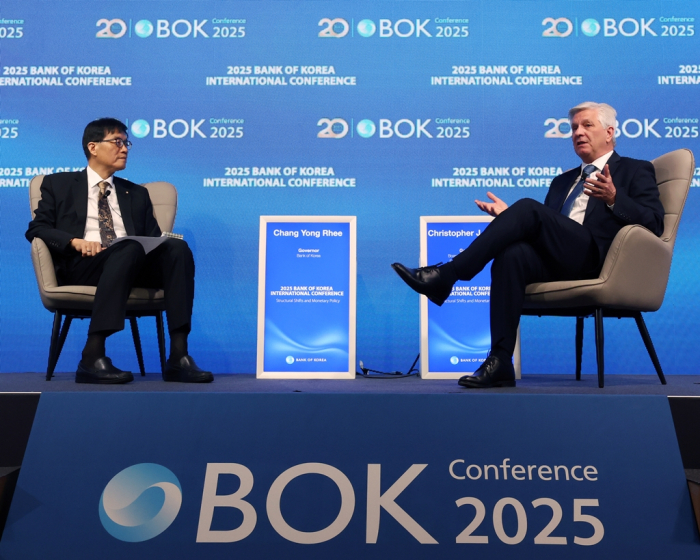
South Korea’s central bank is cautious about non-banks and fintech firms issuing and handling stablecoins amid a global cryptocurrency rally, which boosted stablecoin trading in the country to 57 trillion won ($41.5 billion) in the first quarter.
The Bank of Korea said on Monday that 56.95 trillion won worth of US dollar-pegged stablecoins were traded on local cryptocurrency exchanges in the first quarter – a significant volume that underscores the growing prominence of stablecoins in domestic digital asset markets and prompting regulatory scrutiny.
A BOK report submitted to an opposition party lawmaker showed that USDT, USDC and USDS were the main stablecoins traded on Korea’s top five crypto exchanges: Upbit, Bithumb, Coinone, Korbit and Gopax.
USDT, better known as Tether, the dominant player in the global stablecoin market, accounted for 47.3 trillion won, or 83.1% of the total traded volume, followed by USDC with 9.6 trillion won, or 16.9%, and USDS at 4.1 billion won, or 0.01%.
The disclosure marks the first time the central bank has released such granular data, reflecting a new level of regulatory oversight since the enforcement of South Korea’s Digital Asset User Protection Act last July.
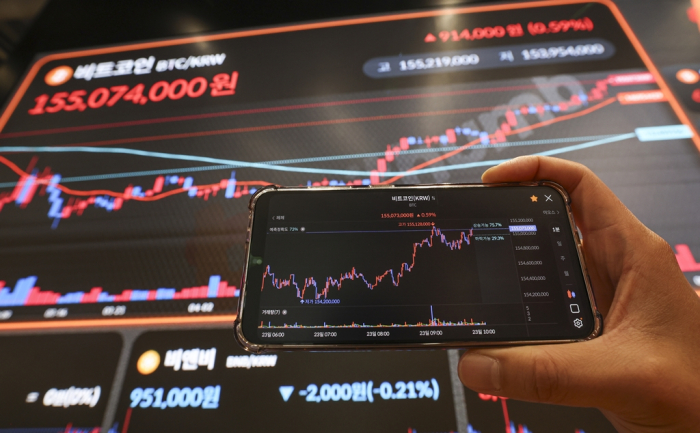
The BOK has collected stablecoin trading data from the top five platforms since the introduction of the law.
A stablecoin is a cryptocurrency in which the value of the digital asset is pegged to a reference asset like the US dollar, fiat money, exchange-traded commodities such as precious metals or industrial metals, or another cryptocurrency.
BALLOONING STABLECOIN TRADING
Stablecoin trading volumes in Korea ballooned in late 2024.
After hovering around 17 trillion won in the third quarter of 2024, volumes surged to 60.3 trillion won in the fourth quarter – a more than threefold jump – thanks to global market optimism fueled by US President Donald Trump’s pledge in November to embrace digital asset innovation.
A monthly breakdown of the BOK data showed a dramatic uptick: 5.2 trillion won in September 2024, 9.4 trillion won in October, rising to 19.1 trillion won in November, and peaking at 31.7 trillion won in December.

Volumes dipped in the first quarter of this year, posting 24.8 trillion won in January, 20 trillion won in February and 12.1 trillion won in March. Still, the activity dwarfs pre-rally levels.
A similar pattern is evident in average daily trading volumes, which jumped from 174.4 billion won in September to a record 1.02 trillion won in December before tapering off to 799.8 billion won in January and 392.4 billion won by March.
The fluctuations are closely tied to the overall movement of the digital asset market.
According to cryptocurrency data provider CoinGecko, daily crypto trades on Korea’s five major exchanges soared from about $2 billion mid-2024 to over $10 billion in November and $11.8 billion in December, before receding to $8 billion in January, $5.2 billion in February and $3.8 billion in March.
“Trading volumes surged globally after the US presidential election but have since moderated,” said a BOK official. “The domestic stablecoin market has largely mirrored that trend.”
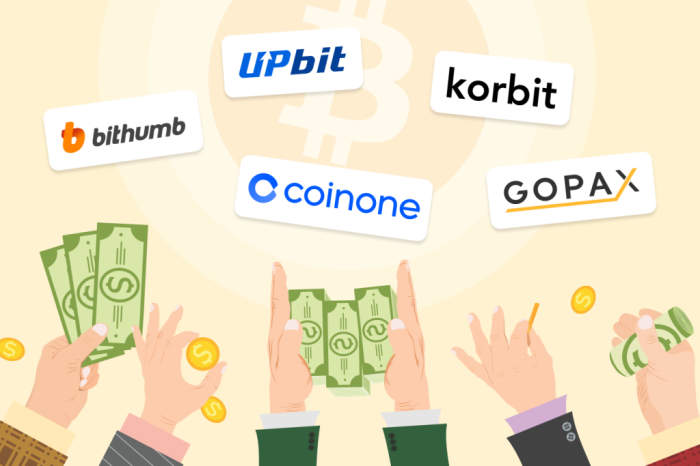
BOK KEEPS CLOSE EYE ON KOREAN WON-BASED STABLECOINS
The central bank is now closely monitoring not just dollar-denominated stablecoins but also the potential issuance of Korean won-based alternatives.
BoK Governor Rhee Chang-yong warned last week that uncontrolled issuance of won-pegged stablecoins by non-bank entities could significantly undermine the efficacy of monetary policy. “These instruments, if allowed outside regulated institutions, could serve as vehicles for capital regulation arbitrage,” he said at a press briefing in late May.
Rhee argued that issuance should begin within the banking sector, where regulatory oversight is feasible. His remarks come amid rising global debate over whether stablecoins should be limited to banks or opened to fintech and non-bank issuers.
Rhee reiterated his cautious stance during a fireside chat with Christopher Waller, a US Federal Reserve governor, at the BOK’s 2025 International Conference on Monday.
Waller framed stablecoins as an innovation that could reduce high payment fees in the US and offer competition in retail payments.
However, Rhee countered that Korea, unlike the US, must weigh capital flow risks more heavily.
“Financial stability concerns demand that we consider capital controls more thoroughly before allowing non-bank entities into the payments sector,” he said. “This concern is shared by other Asian economies as well.”
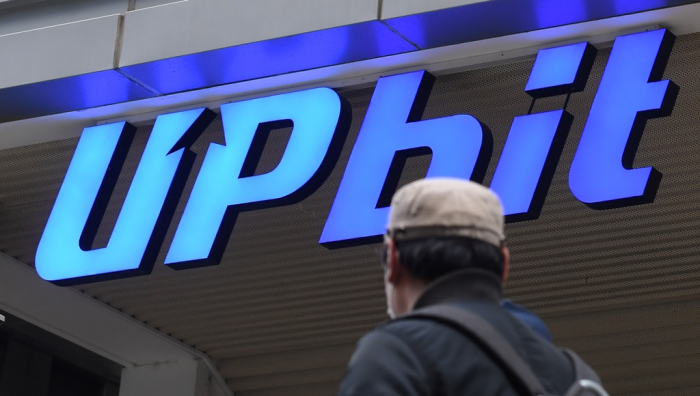
WALLER SKEPTICAL ABOUT CBDC
On central bank digital currencies (CBDCs), Waller remained skeptical, saying that global momentum has slowed outside of the European Central Bank.
CBDCs are digital currencies issued and operated by central banks, using blockchain or distributed ledger technology.
Rhee affirmed Korea’s commitment to innovation in this area, however, citing the BOK’s Project Han River and the broader Agora initiative to develop cross-border settlement infrastructure.
The BOK governor plans to meet with Korea’s six largest commercial bank chiefs later this month to discuss stablecoin governance and potential use cases for CBDCs.
In May 2023, the BOK and Samsung Electronics Co. agreed to jointly advance offline CBDC transaction technology.
The BOK already tested cross-border remittances linking multiple CBDCs in 2021 and 2022.
The Korean central bank entered two-phase CBDC simulation projects in August 2021 in collaboration with Ground X, a blockchain unit of Kakao Corp., KakaoBank Corp., Kakao Pay Corp., Samsung Electronics and Samsung SDS Co. subsidiary S-Core Co.
Write to Ik-Hwan Kim at lovepen@hankyung.com
In-Soo Nam edited this article.
More To Read
-
 CryptocurrenciesWorld Vision becomes 1st Korean corporate entity to trade crypto
CryptocurrenciesWorld Vision becomes 1st Korean corporate entity to trade cryptoJun 01, 2025 (Gmt+09:00)
-
May 20, 2025 (Gmt+09:00)
-
Feb 13, 2025 (Gmt+09:00)
-
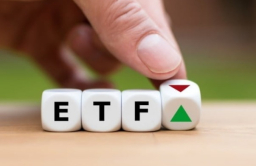 Korean stock marketYoung Korean investors choose monthly dividend ETFs over crypto
Korean stock marketYoung Korean investors choose monthly dividend ETFs over cryptoJul 22, 2024 (Gmt+09:00)
-
Aug 05, 2021 (Gmt+09:00)





